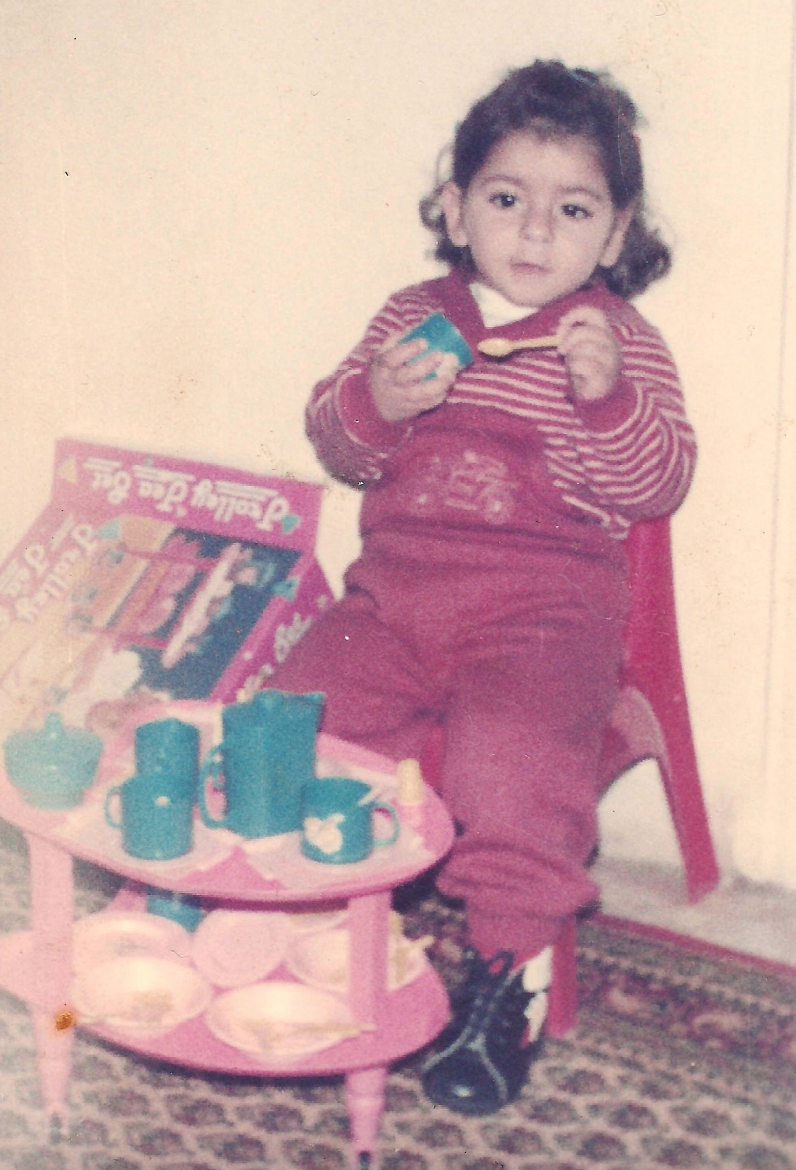It was around 6 p.m. when I sat in the living room for my weekly meditation practice.
I burned incense, dimmed the lights, and sat cross-legged.
Breathing in, breathing out, I felt my body’s sensations and the random thoughts that permeated my mind. I observed them as they came in and embraced their exit with an open heart.
Fifteen minutes into the meditation, I had sudden flashbacks from my early childhood. I didn’t understand why I kept having them. It was supposed to be a regular meditation session in my living room, why was I having involuntary memories of four-year-old me?
Being in meditation was the perfect opportunity to let those disturbances be, I thought.
So I let them be. I watched them replay in my mind like a tape recorder. Slowly, I could feel my eyebrows frowning, my chest tightening, and I started breathing heavily. My heart rate increased, and there was a lump in my throat.
I wanted to end that whole meditation session, but I forced myself to stay. Getting up was only going to suppress even more what was trying to make its way to the surface. What if I let it show itself? What if my memories had something to tell me?
I kept breathing heavily and watching dismal events from my childhood that, on the conscious level, wouldn’t normally emerge. Then, all of a sudden, I burst into tears. I couldn’t fathom out the reason behind those pesky memories. So I stopped.
A few days later I sat in meditation again, adamant about staying seated and confronting whatever would come up.
Breathing in, breathing out, I felt my body’s sensations, but now I was going to invite my memories back in, and so I did. I observed my whole body tightening up—again—refusing to relive the past. I cried—again. There was a lump in my throat—again. But I didn’t get up.
I mentally brought to life four-year-old me. I talked to her; I hugged her; I assured her it wasn’t her fault. We cried—together. We relived the past—together. We didn’t get up. In fact, I stayed seated even longer.
When I finished that session, I took the best, deepest inhale and felt so good in my own skin. I felt a little bit healed. I released what needed to go and realized that helping ourselves spiritually is a miracle that’s usually underrated.
We’ve all experienced or witnessed an event in our childhood that might have left emotional or mental scars that haven’t been the easiest to heal. Not all of us can move forward or put behind the past that is, in fact, long gone.
It is true that we might not think about our traumas on a daily or monthly basis. However, they make a subtle appearance every day without our consent. They manifest as anger, jealousy, low self-esteem, depression, guilt, and shame. They show up unexpectedly in our romantic relationships, disguised as ugly behaviors and uncontrollable reactions. They ruin family connections and destroy long-term friendships.
When we have experienced difficult things as children, it is hard to come to terms with them as adults. Talking about them or even uncovering them can be extremely challenging—even impossible. What I love about meditation is that it opens up portals in my mind that I wouldn’t normally experience in the hustle and bustle of everyday life.
When I sat in meditation that day, I had no idea that I would be getting painful flashbacks from my childhood. Our memories, especially the ones we don’t favor, sneak up on us without prior notice. How we react to them tells us a lot about ourselves and our healing journey.
It might take a few meditation sessions to fully accept our traumas and manage our emotional reactions. But please sit there with yourself. Allow yourself to replay painful flashbacks. There are lots of traumas that might be rooted in our subconscious mind; the only way to heal them is to sit with them—to give them a voice.
Sit comfortably and breathe. Watch your body’s sensations as you slowly bring to life what you have long suppressed. Cry if you must. Do whatever it takes to release your pain. When you’re ready, visualize younger you—the version of you who was hurt, shamed, bullied, abused, judged, misunderstood, or mistreated.
Forgive yourself and those around you. Reassure yourself that you’re loved, worthy, and deserving of everything beautiful.
We only heal when we’re willing to confront our pain.
~

No comments:
Post a Comment